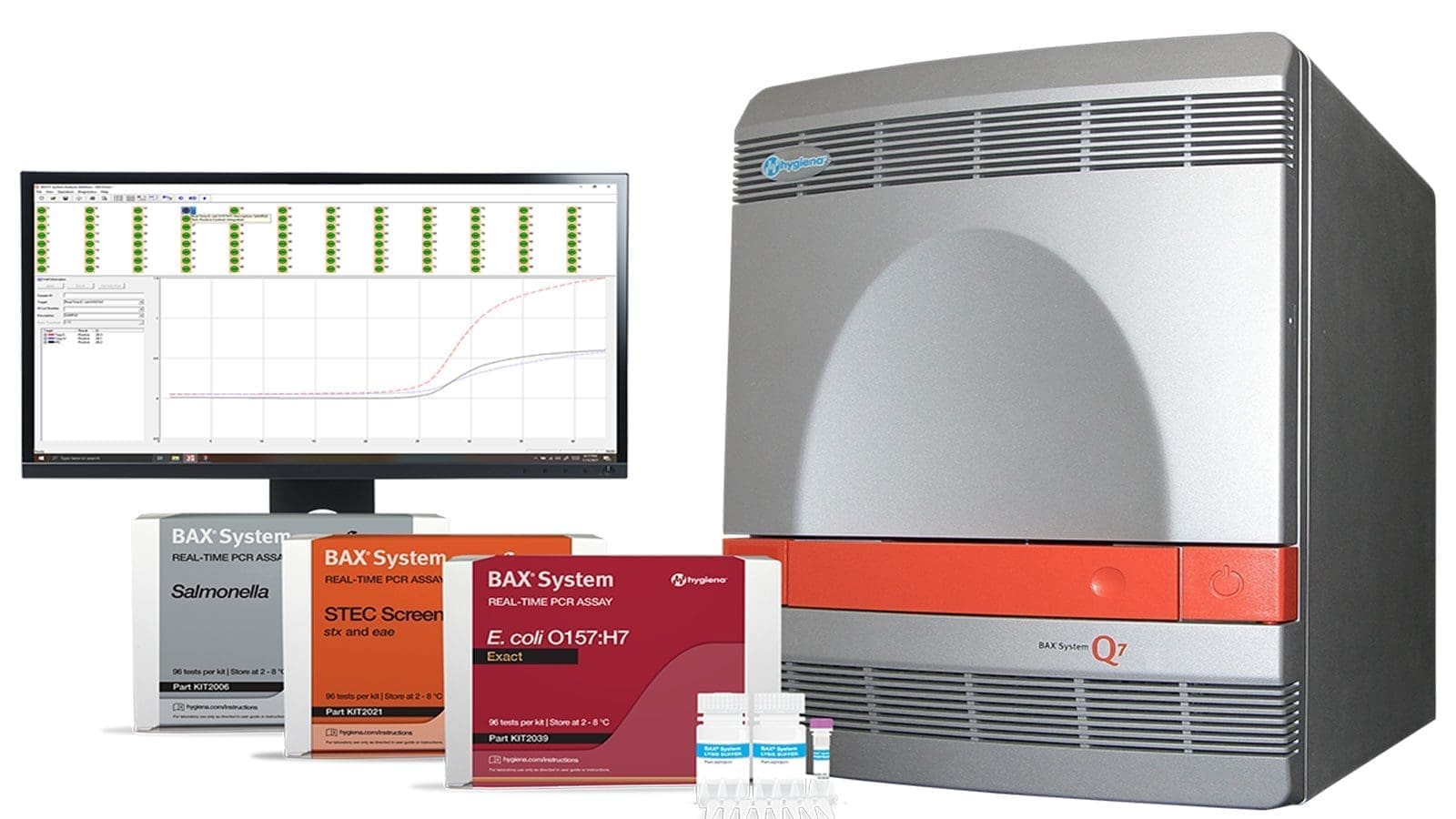US – Sesame has become the ninth food allergen for which the US Food and Drug Administration requires plain-language labelling following the signing of a new law by US President Joseph Biden.
With the new law, food manufacturing companies making foods formulated with Sesame will be required to clearly label Sesame as an allergen from 1 January 2023.
The legislative milestone marks the first time since 2004 that a new allergen has been added to the Food Allergen Labeling and Consumer Protection Act.
Sesame will join peanuts, tree nuts, fish, shellfish, soy, dairy, eggs and wheat to make “the Big Nine” that account for about 90 percent of food allergy reactions.
Protecting 1.6 million people from allergic reactions
Generally, processing aids that are present in the final food in insignificant levels and do not have any technical or functional effect in that food are not required to be identified in the ingredient list.
Under Food Allergen Labeling And Consumer Protection Act (FALCPA), however, food manufacturers are required to identify the presence of any of the major food allergens contained in the food, even if the presence of the major allergen was due to its use as a processing aid.
For example, foods processed with butter must be labeled with the food allergen statement “Contains milk.”
Presently, foods cooked in sesame oil often do not need to be labeled with the presence of “sesame” while Sesame seeds are often identified generically as “spices” or even “natural flavors,” instead of as “sesame.”
This has made it hard for the over 1.5 million people with a sesame allergy to determine whether a product actually contains sesame.
The FASTER Act amends Section 201(qq)(1) of the Federal Food, Drug & Cosmetic Act by adding sesame as the ninth major food allergen, making it imperative that it be identified as an allergen and in an effort to help consumers to make more informed decisions.
A broader focus on Food Allergies
The Food Allergy Safety, Treatment, Education and Research (FASTER) Act of 2021 also requires that food allergy research be given greater priority by the federal government.
This broader focus on food allergy research means that it will also benefit the wider group of 85 million Americans affected by food allergies and intolerances.
Expanding food allergy research is important given that in the past two decades, life-threatening childhood food allergies have risen steadily, growing by about 4 percent per year to afflict 32 million Americans, according to research by Northwestern University, McKinsey & Company, and Food Allergy Research and Education, a nonprofit.
Furthermore studies estimate that the costs borne by American families — for medical bills, buying special foods or forgoing full-time employment to care for a child with a food allergy — total US$24.8 billion annually.
“The President’s signing today of the FASTER Act is a major victory for the entire food allergy community across the nation,” said Lisa Gable, chief executive officer of FARE.
“I cannot thank President Biden enough, along with the thousands of food allergy champions who made today a reality, most notably Senator Tim Scott, Senator Chris Murphy, Representative Doris Matsui and Representative Patrick McHenry who garnered overwhelming support for this bill in Congress.”








